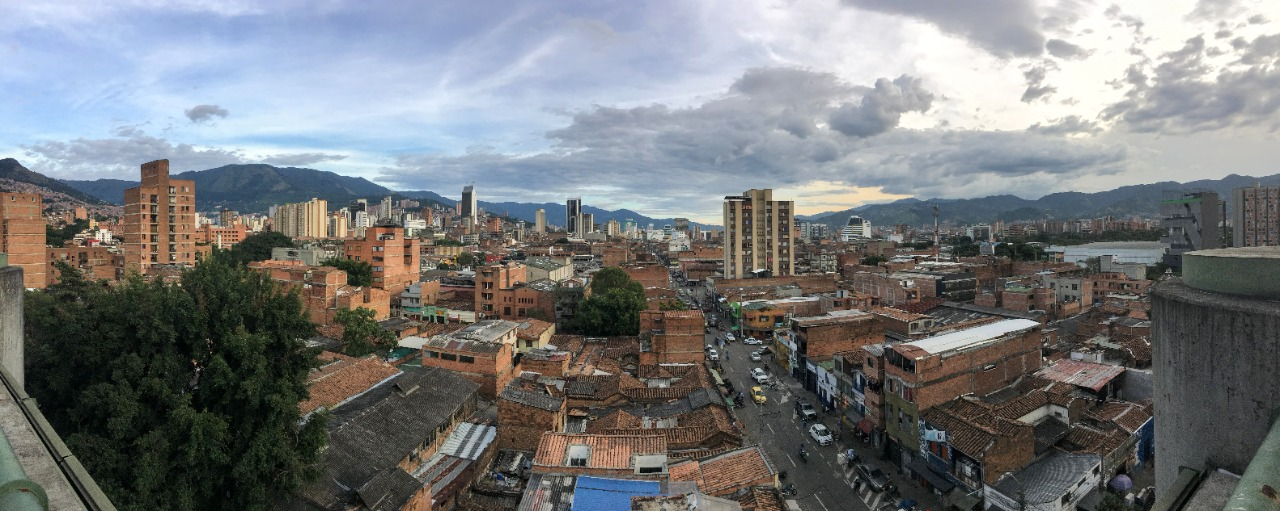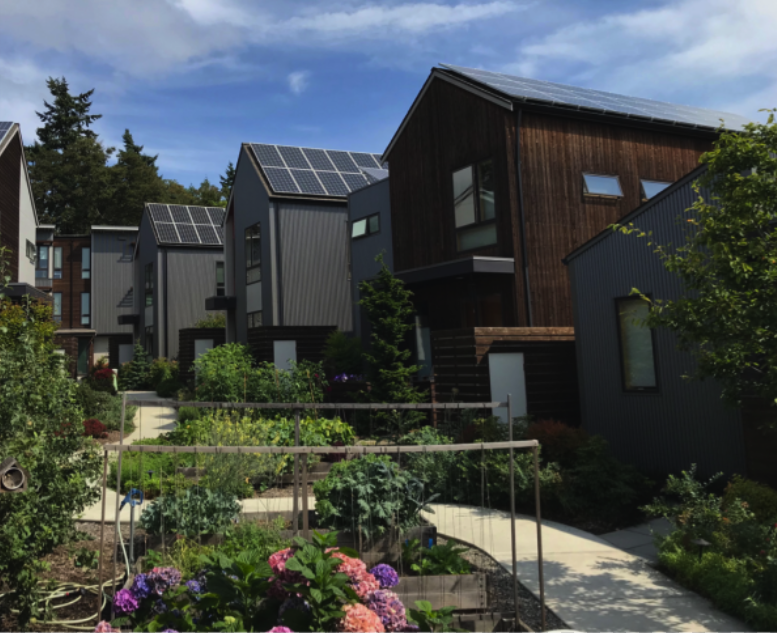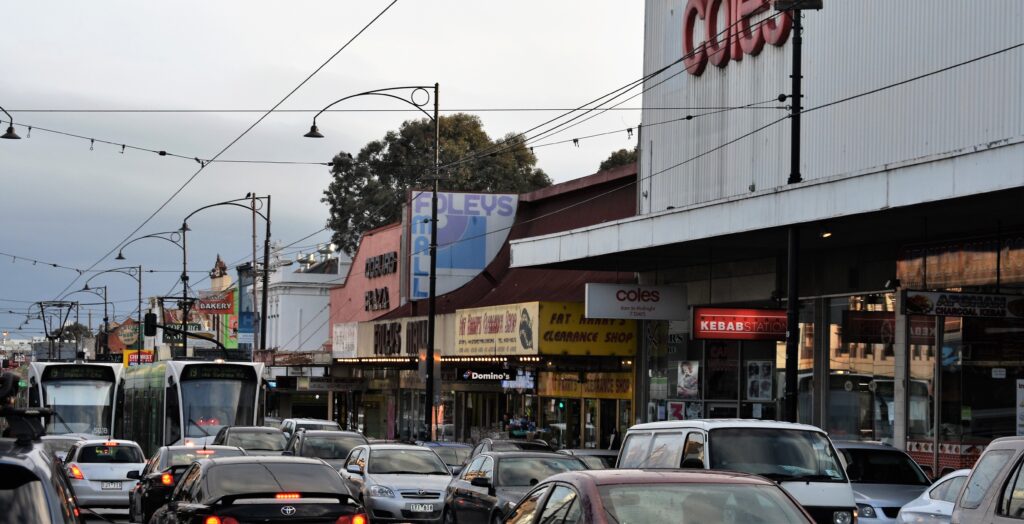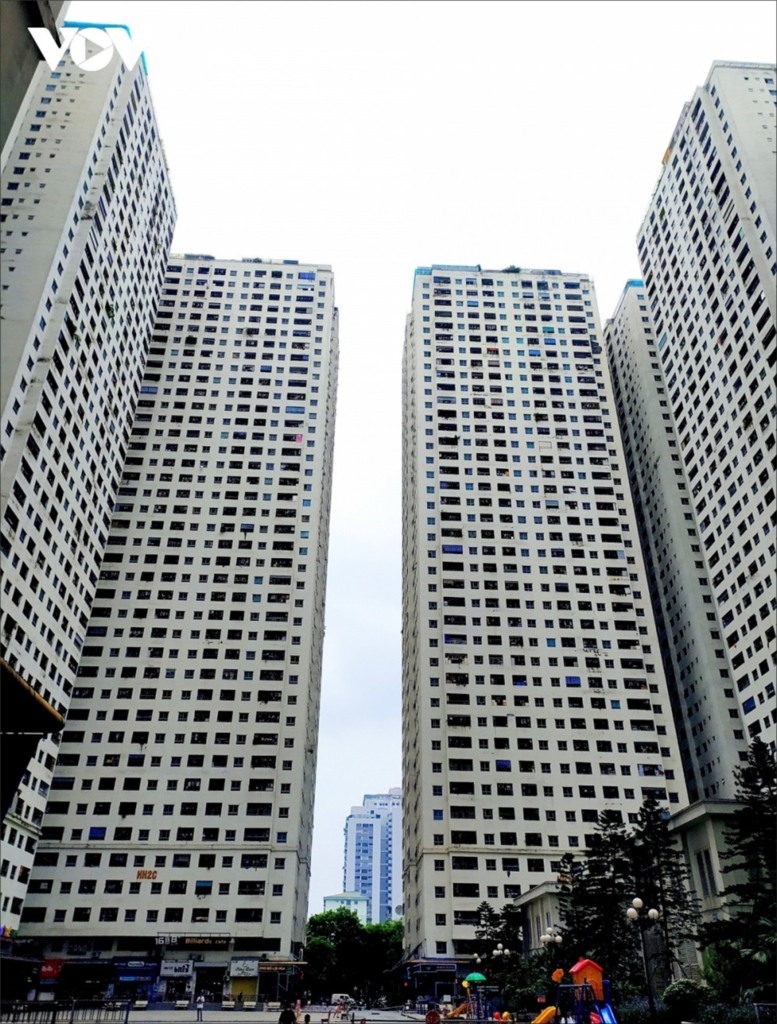City Know-hows

Target audience
For the attention of: Social Institute of Housing and Habitat of Medellín and other social housing research and policy groups; Word Bank in Latin America and Caribbean and other low- middle-income countries; Economic Commission for Latin America and the Caribbean.
The problem
The living place is a determinant of health, in the last century the population growth has increased the housing demand, so the governments have invested in social housing for low-income dwellers, which has brought new urban configurations everywhere, including suburbanization, social polarization, and residential segregation. Therefore, it is necessary to study the life conditions related to the health of dwellers in social housing and to contribute to the planning and management of decent housing.
What we did and why
We used a novel methodology – the ‘Fuzzy Analytical Hierarchy Process’ – and criteria extracted from the 2017 Multidimensional Living Conditions Index of Medellin. The five communes with largest number of social housing projects were evaluated in terms of health, sustainability, and well-being. This made it possible to identify useful indicators to use when promoting the management of social housing for a healthy city.
Our study’s contribution
The way we used this hierarchical analysis makes it possible to regroup the complex characteristics of a problem. Through integrating experts, we could weight and evaluate the indicators of the living conditions of the inhabitants of social housing. The results can enrich territorial vision and guide decision-makers for better public policy.
Impacts for city policy and practice
Cities on the road to sustainability are those that provide better health conditions. This article shows the applicability of multi-criteria analysis for decision-making in the context of public policies that contribute to improving the most dignified living conditions for the inhabitants of Medellín.
Further information
National Affordable Housing Program Project: World Bank
Full research article:
Life conditions of residents in social housing in Medellin, Colombia: a Fuzzy Analytical Hierarchy Process by Harold Cardona-Trujillo (@hcardonat), Estefany Peña-Rojas, Eliana Martínez-Herrera and María Claudia Mejía-Gil.
Related posts

New research explores how design team professionals manage developers’ risks to integrate health into new urban development

Urban planners, economists, health and community policymakers and practitioners share insights in a new study on creating healthy food environments using urban planning policy and governance levers.

High-rise apartment buildings are increasingly popular in large cities, however, urban land availability for outdoor communal spaces is limited. Creating communal spaces for high population density is a challenging task. Past research indicates the importance of the immediate environment in stimulating social interaction and the spatial organization for social activities can play an important role. One may ask whether the design of communal spaces within high-rise buildings can stimulate social interaction among residents.